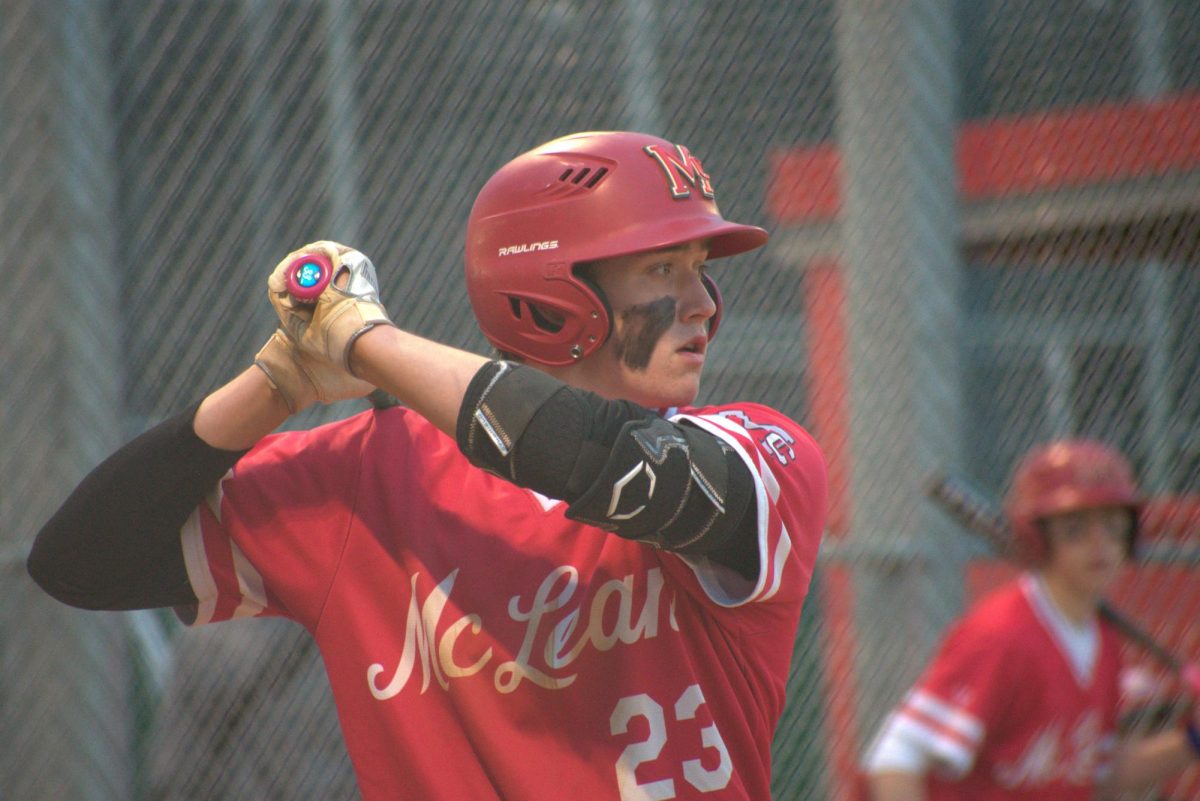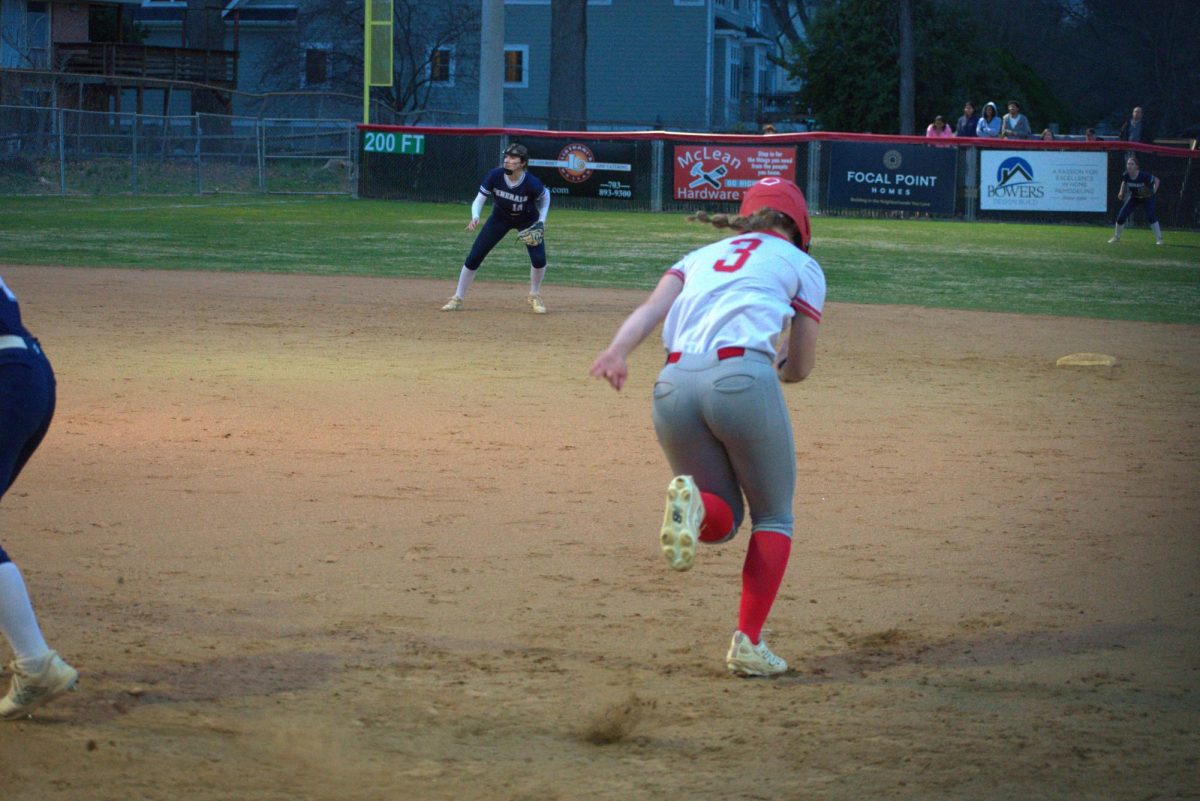This staff editorial represents the opinion of the majority of The Highlander editorial board.
Editor’s Note: Following the publication of this staff editorial, on the Nov. 10 school board meeting, the Fairfax County School Board approved a measure to weight Journalism 3 & 4 classes on an honors GPA scale, as recommended by the Fairfax County Public Schools Course Review Committee.
On Oct. 10, the Fairfax County Public Schools (FCPS) Course Review Committee recommended that level three and four journalism courses be considered honors classes and scored on a 4.5 GPA scale. The Fairfax County School Board will decide on the proposal on Nov. 9, and they must choose to support student journalists by approving the committee’s request.
Journalism, Broadcast Journalism and Photojournalism are each divided across four levels. Just like math and language courses, journalism classes become more advanced and demanding every year. Students should be awarded for sticking with reporting and taking time to hone their skills.
“With advanced Broadcast [Journalism]—Broadcast three and four—you have more news packages, and these are big projects,” said senior Nico Christofferson, a Broadcast Journalism student and Producer of WMHS News. “Broadcast is a very hands-on class, and the show is run by the students. In Broadcast three and four, you really have to take up responsibility and guide others.”
The sheer dedication of students in journalism classes year after year should be enough in itself to warrant an honors boost. It is rare to take a non-humanities class for four years without reaching a point where honors—and oftentimes AP credit—is available, and it is absurd that even in a student’s fourth year of journalism they are not rewarded for their commitment.
“I get concerned when we offer honors credit to some programs and not others. It puts us at an unfair disadvantage,” Photojournalism teacher Meghan Percival said. “Our students want to be recognized for their incredible hard work. Right now, unfortunately, they’re having to acknowledge the fact that they don’t get a boost when they’re compared to kids who also have shown a passion and followed their interest for three or four years.”
Additionally, Journalism’s required time commitment can easily be greater than that of an honors or AP course. Students not only work in class—where they also learn about media ethics and journalism history—but regularly spend 15 hours a week after school publishing The Highlander newsmagazine and website.
Advanced Photojournalism and Broadcast students work just as hard and also deserve an honors boost, with Photojournalism students assembling The Caledonia yearbook and Broadcast students producing WMHS News.
“Last year, I drove all the way to D.C. to film a news package about an organization. I had to, one, go out there to film the actual event and dress up and look nice, then drive and film again in front of the Washington Monument,” Christofferson said. “I’ve taken a bunch of AP, DE and honors classes. No class has made me do that. [Broadcast] deserves at least an honors—0.5 grade boost.”
In McLean’s GPA-focused culture, taking multiple years of a journalism course scored out of 4.0 is not an attractive choice. In a survey of 258 McLean students, 53.1% said they would consider taking a Journalism, Photojournalism or Broadcast track if honors credit were available in the third and fourth years. FCPS approving the committee’s proposed changes not only helps journalism students but incentivizes student media as a whole.
Not only will giving advanced journalism courses an honors weight widen the diverse base of the county’s student press; it will expand media literacy, teaching future voters how to navigate misinformation, and promote 1st Amendment rights, allowing students to constructively challenge authority.
Those who argue only core classes should have honors weights have already lost. Personal finance, advanced arts and engineering classes are already GPA boosted. There is no reason tenured journalism students should get less credit.
“One of the issues that the school board says they care a lot about is equity in terms of access to opportunities,” Percival said. “My argument for the school board to consider is that it’s the most equitable thing to do to look at our students who are achieving at the highest level in all areas.”
On Nov. 9, the members of the school board have the opportunity to reward dedication, promote high school media and lift student voices. They should make the well-deserved decision to give advanced journalism courses an honors credit.














